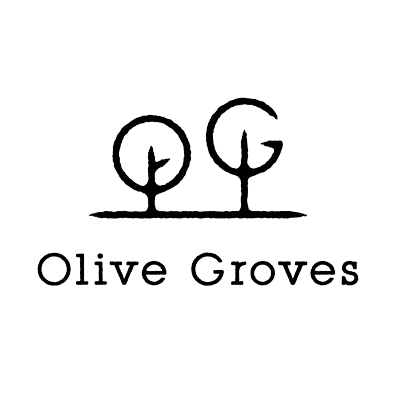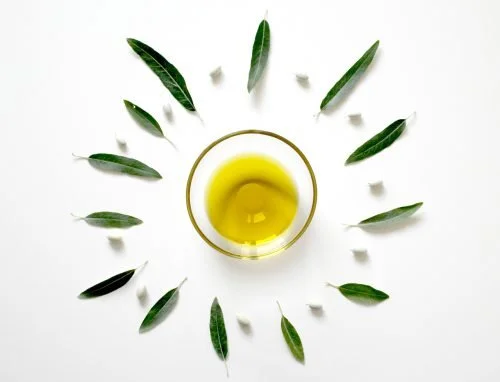Bread, olive oil and satiety
“Olive oil and the other ingredients of our life” article series
I was gazing at the drizzle of olive oil that I pour in my plate at the start of each meal. "I was reading yesterday that a good olive oil will cool your appetite...". Not the slightest reaction around the table. Nothing. Usually people in my family listen to me when I talk about food. Or they pretend to... "So? Are you listening?"
I did read that story, though, on a page in the newspaper I still stubbornly buy every day; I read it, with the TV off, sitting in that red velvet armchair where I make my nest at certain times of the day. Deep in thought, with my Dylan on my lap – he's still here in my mind, even though he's left us... – and this newspaper in my hand, carefully folded. I read the sports pages first, get excited about the football news and calm down with the rest of the paper.
So, new benefits have been discovered for high quality extra virgin olive oil. This is the result of recent studies showing that the feeling of satiety increases after eating olive oil, and that this feeling is correlated with the degree of fruitiness and “herbaceousness” of the oil. The credit for this discovery goes to Professor Raffaele Sacchi and the team of researchers working with him in the beautiful Bourbon palace of the historic Faculty of Agriculture in Portici (Campania), which was once the Royal Agricultural School. "Bread and fruity oil... to make you less hungry", a statement that should change consumers' views on quality olive oil, since in the so-called advanced world, people are more inclined to spend money on losing weight than on eating.
Researchers say that the complex interactions of flavours (related to the presence of polyphenols) with our receptors can influence the feeling of satiety. Our sensory culture is still very poorly developed, and people are not used to tasting olive oil, which is considered to be a mere condiment. However, to eat better, all you have to do is open a free and natural "app", your nose, sort out the good smells from the bad ones, and let yourself be guided by your sense of smell and not by commonplaces or habits, which we have since childhood, without any understanding of the value of this or that food. Children have always been good at recognising quality olive oils and distinguishing between the aromas of good oils and the unpleasant smells of defective ones. But they don't do the shopping.
I close the newspaper. It's almost lunchtime, the slices of warm bread are being served, the bread from Ponte Valleceppi. Bread and olive oil. The lunch of the rich.
Extract from L'olio e gli altri ingredienti della nostra vita by Maurizio Pescari (Rubbettino, 2021). Translation and adaptation by Camille Frachon.

